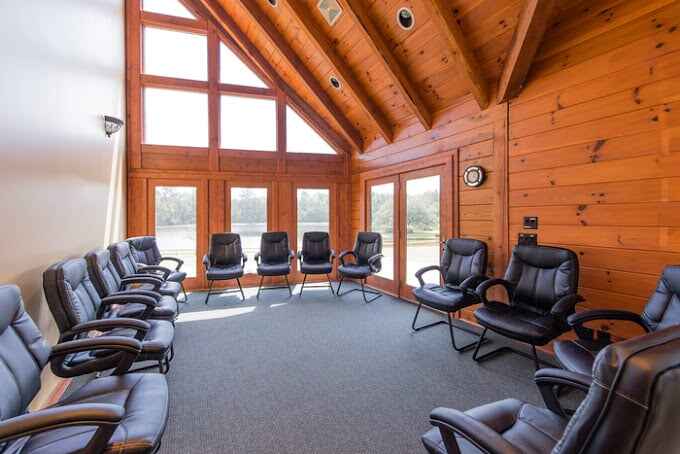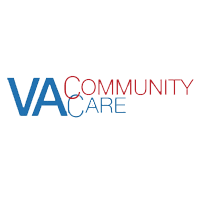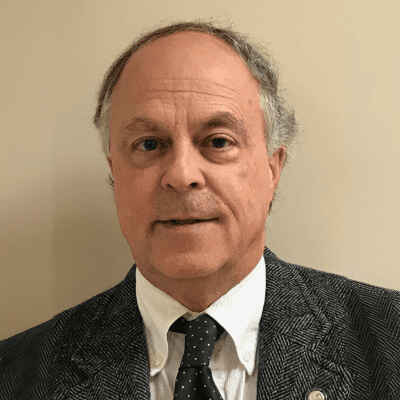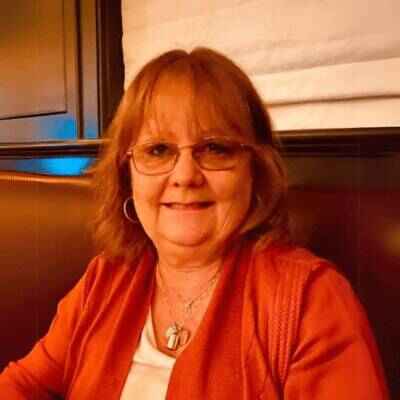About Waypoint Recovery Center – Cameron
Waypoint Recovery Center in Cameron, South Carolina, is a serene and rustic drug and alcohol rehabilitation facility on 58 acres. They serve adults with a team of interdisciplinary professionals who treat addiction as a chronic disease with various therapies and practices. It’s a private facility with luxury amenities.
In addition to widely used behavioral therapy techniques, Waypoint Recovery Center uses experiential therapies, such as art, music, equine, and outdoor practices. Clients do not require a referral for acceptance into the program.
Inpatient care is usually preceded by medical detoxification, a process that rids the body of toxic substances. Detox is necessary to eliminate cravings for abused substances that could disrupt and hinder the treatment program. Detoxification is overseen by a medical team that helps clients cope with the difficulties of withdrawal.
Detox is not a one size fits all process. The length of detox varies between clients based on several factors, including substance abuse history. A comprehensive assessment will determine how long a stay is (though most clients can expect a 10 day stay) and the frequency of medication administration.
Clients in the residential care program live in the facility under 24 hour monitoring from staff and their care team. Treatments are rooted in therapeutic activities, including 12 step programs, relapse prevention education, recovery skill training, and community involvement. Ultimately, therapy seeks to understand the root causes of a client’s addictive behaviors and teach them the coping skills needed to avoid future abuse.
Waypoint also provides experiential therapy services. Experiential therapy focuses on healing through holistic physical activities to show clients they can enjoy engaging with the world without drugs or alcohol. Examples of experiential therapy include art, music, meditation, outdoor, and equine assisted therapy.
IOP is designed for those whose symptoms don’t require close monitoring by staff, but it can also be used as a transitional program by those who complete the inpatient program. IOP is focused on individual and group therapy, where clients meet at the facility for a few hours a day throughout the week. IOP also has a family therapy component.




















